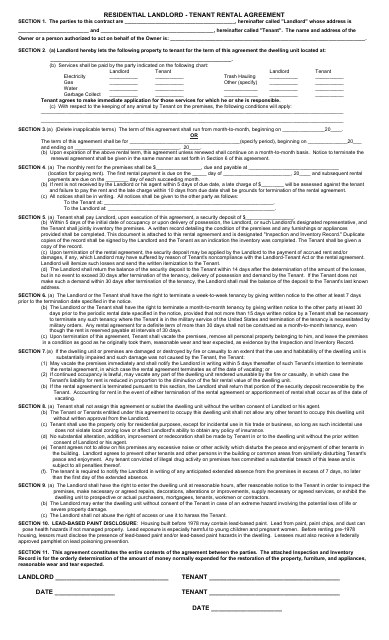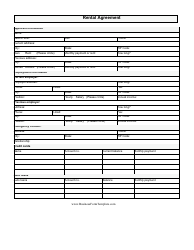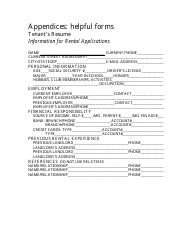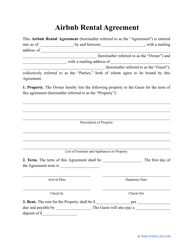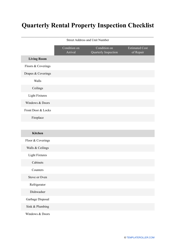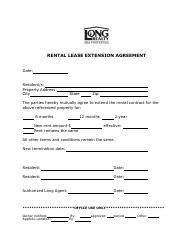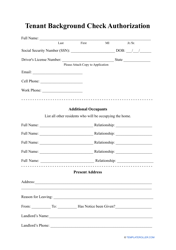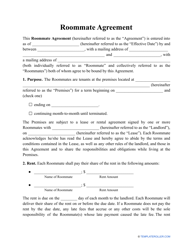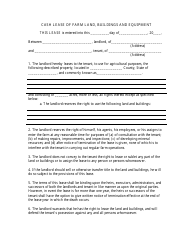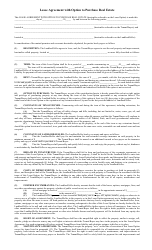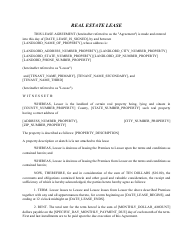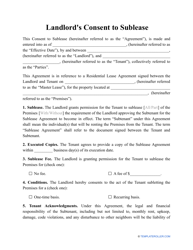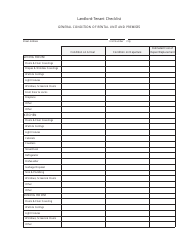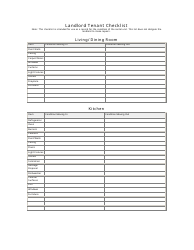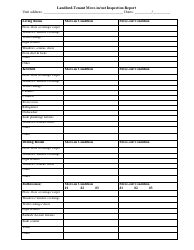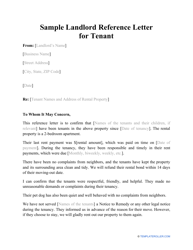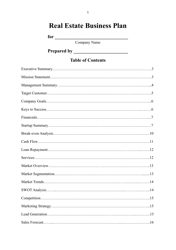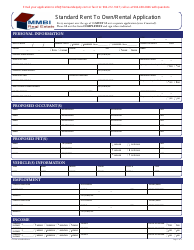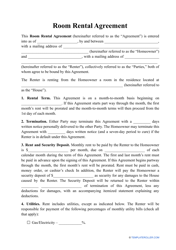Tenant Rental Agreement Template - Residential Landlord
The Tenant Rental Agreement Template - Residential Landlord is used for creating a legal agreement between a landlord and a tenant for renting a residential property.
The tenant files the Tenant Rental Agreement Template - Residential Landlord.
FAQ
Q: What is a residential landlord tenant rental agreement?
A: A residential landlord tenant rental agreement is a legally binding contract between a landlord and a tenant that outlines the terms and conditions of renting a residential property.
Q: What should be included in a residential landlord tenant rental agreement?
A: A residential landlord tenant rental agreement should include the names of the landlord and tenant, the rental property address, the rental term, the rent amount and payment terms, security deposit details, maintenance responsibilities, and other important provisions.
Q: Is a residential landlord tenant rental agreement legally binding?
A: Yes, a residential landlord tenant rental agreement is legally binding once both the landlord and tenant have signed it.
Q: Can a residential landlord tenant rental agreement be modified?
A: Yes, a residential landlord tenant rental agreement can be modified if both parties agree to the changes and sign an amendment to the original agreement.
Q: What happens if either the landlord or tenant violates the rental agreement?
A: If either the landlord or tenant violates the rental agreement, there may be legal consequences, such as eviction or financial penalties, depending on the specific terms of the agreement and local laws.
Q: Can a landlord evict a tenant without a rental agreement?
A: In most cases, a landlord cannot evict a tenant without a rental agreement. However, specific laws may vary depending on the state or municipality.
Q: Can a tenant terminate a rental agreement early?
A: A tenant may be able to terminate a rental agreement early, but it usually requires giving proper notice to the landlord and complying with any early termination provisions outlined in the agreement.
Q: What should a tenant do before signing a rental agreement?
A: Before signing a rental agreement, a tenant should carefully read and understand all of the terms and conditions, inspect the rental property, and ask any questions or seek clarification from the landlord if needed.
Q: What rights do tenants have under a rental agreement?
A: Tenants have rights under a rental agreement, including the right to a habitable and safe living environment, the right to privacy, and protection against unfair eviction or discriminatory practices, among others.
Q: Can a landlord increase the rent during the rental term?
A: In some cases, a landlord may be able to increase the rent during the rental term, but it may be subject to certain restrictions or limitations, as stated in the rental agreement or local laws.
